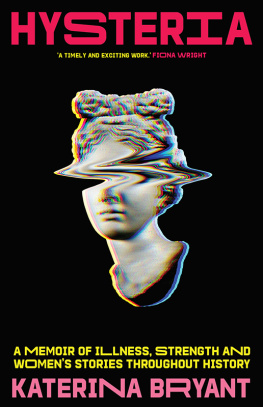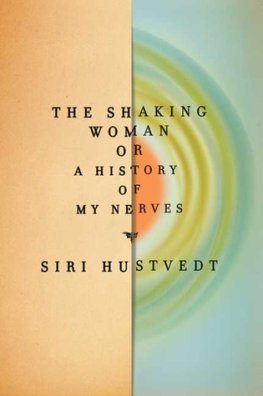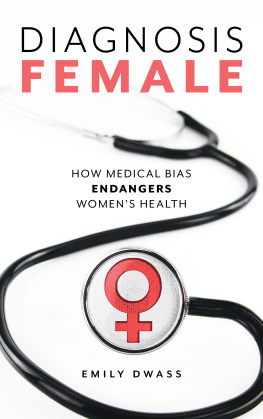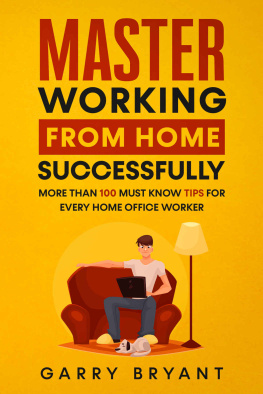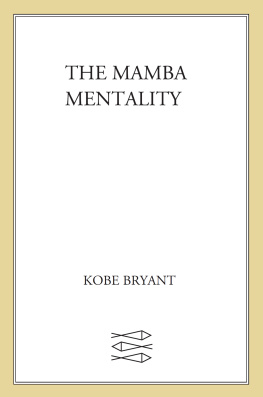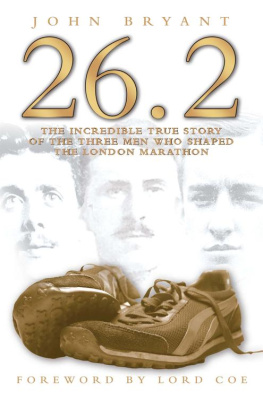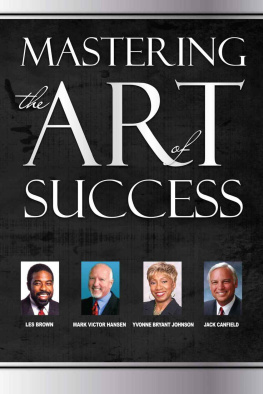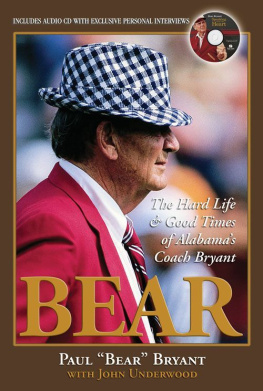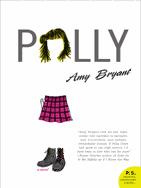
HYSTERIA
KATERINA BRYANT is a writer based in South Australia. Her work has appeared in Griffith Review, The Lifted Brow, Island Magazine and Voiceworks, amongst others. She has been shortlisted for the 2019 The Lifted Brow & RMIT non/fictionLab Prize for Experimental Writing, the 2018 Feminartsy Memoir Prize, and the 2016 Scribe Nonfiction Prize for Young Writers. She is currently a PhD candidate in Creative Writing at Flinders University. This is her first book.
To my family Mathew, Mum and Dad

A NewSouth book
Published by
NewSouth Publishing
University of New South Wales Press Ltd
University of New South Wales
Sydney NSW 2052
AUSTRALIA
newsouthpublishing.com
Katerina Bryant 2020
First published 2020
10 9 8 7 6 5 4 3 2 1
This book is copyright. Apart from any fair dealing for the purpose of private study, research, criticism or review, as permitted under the Copyright Act, no part of this book may be reproduced by any process without written permission. Inquiries should be addressed to the publisher.
ISBN: 9781742236773 (paperback)
9781742244808 (ebook)
9781742249308 (ePDF)

Design Josephine Pajor-Markus
Cover design Alissa Dinallo
Cover image Shutterstock/Freeda
Printer Griffin Press
All reasonable efforts were taken to obtain permission to use copyright material reproduced in this book, but in some cases copyright could not be traced. The author welcomes information in this regard.
This book is printed on paper using fibre supplied from plantation or sustainably managed forests.

CONTENTS
This book addresses the complex experience of living with mental illness. Please note that Lifeline operates a free, confidential twenty-four-hour online or telephone crisis support service with trained counsellors: www.lifeline.org.au, 13 11 14.
I.
EDITH
As I wheel the trolley into the supermarket, my partner, Mathew, already ahead of me picking out plums, my head begins to rush. I feel light, as if my bones have been taken out of me and I float along. Buoyant, Im only flesh and blood. Mathew comes back, placing the crinkled bag in the trolley.
You all right?
I hadnt realised but since the rush of air filling my mind, I havent moved. Im standing still, frozen, a metre or so from the entrance. The trolley is empty bar the plums. I dont answer him. Im caught where Im standing. A stream of air pushes through my head; I havent moved.
Katie?
A name only Mathew and my parents call me; I barely register his lips moving.
I move my eyes away from the silver lines of the trolley and up to him. Its hot today and the warm weather has made his hair curl up into its natural rings. I can see the thickness of his brows behind his glasses.
Mmm, I mumble and try my best to nod. It comes out slow and measured, as if Im trying to hold a conversation while reading.
Mathew takes the trolley from my hands and pushes forward to scoop up mushrooms. I follow him with slow short footsteps. My movements are a fraction of the speed of those around me. Im immune to the urgency of Sunday late-afternoon shopping. Mathew places the mushrooms in the trolley and I can just smell their earthy scent. I look at their duotones, brown and white. They are small curls stacked up in a tray. They remind me of snails and somewhere inside me, I hear Snails in the supermarket! and the hint of a laugh.
I follow Mathew, pinching the cotton of his t-shirt like a toddler would, moving towards the aisles. We walk past the fish, open-mouthed and eyes gaping, and I feel curious alarm. Did they always look like this? I look at the women and men behind the counter. They wear rubber aprons with brown leather straps. One is talking to a middle-aged customer with thick red-rimmed glasses.
The seafood line trickles out into our path and I struggle to move my body past the knot of people. I grip Mathew more tightly. He leads me away, pulling me into the safety of the aisles. I stand by the trolley as he runs up and down filling it with our staples: tofu and pasta, canned tomatoes and cheap soy milk. I can feel his annoyance. I have left this all to him. I will myself to move, walking down the aisle and loosely pulling the trolley beside me. I make it to the cracker section. What do we need again? My eyes cannot gloss over the brands as they usually do. They fixate on colourful packets and thick text.
Its beautiful. The bright mix of cardboard reminds me of driving up to Lobethal to see the Christmas lights with Yiayia. The cardboard shimmers under the gleam of fluorescent lights.
When we reach the checkout, I start to become myself again. As I come to, I can hear the music. Christmas carols playing in heavy loops. I ask Mathew, Have they always been playing? He looks at me, confounded. He continues stacking the conveyor belt.
I pay and carry three out of the five bags back to the car: an act of penance. When we settle into the warmth of the car, I begin to speak. Short choppy sentences come out.
Im sorry. I dont know. What happened. It was. Too much.
My spindly hands grip my knees. Mathew reaches out to them. I notice the line of hair on his forearm creeping up to his hands.
Its okay, he says. Lets go home.
This is just the beginning; I think this is what its like to go mad.
*
Illness, Susan Sontag writes in the opening pages of Illness as Metaphor, is the night-side of life Everyone who is born holds a dual citizenship, in the kingdom of the well and in the kingdom of the sick. Running my experience of childhood through my mind, Im not sure Ive ever lived in the kingdom of the well. Compulsions laced the daily drives to school which arched around the city from Lower Mitcham to North Adelaide. My compulsive counting would distract me from the aggressively cheerful 1960s British pop Dad would play over and over.
But this feels like something stronger. Like a cloak taking me out of the world, at first small gaps and then swallowing hours in gulps. In the beginning, I did not recognise my own street, a leafy lane in Adelaides CBD. Not only was I taken outside of myself, but outside of my home too. The Penguin-crime paperback-green of my fence was not mine. My hands and forearms did not resemble my own, either. I would drift in and out of living with no sense of place, or self, to tie me down.
I wrote this off as an almost-dream. It always happened while I was alone and so I doubted that it would stick. Until, that is, it all became much worse.
*
I try to read my way to an answer. Thats always been my way; reading can solve the confusion of the world around me even if its Googling ambiguous movie endings. Mum is the same. Two months before Id planned to visit South America, she forwarded me articles by the World Health Organization and refereed medical journals on the ebola outbreak, which was just beginning. We didnt talk about it explicitly but after reading through the pages of symptoms, I chose to delay my trip.
I try to find a solution that will flood in as my experiences of unreality have, promising a sense of closure. In my obsessive reading, I find the work of psychoanalyst Edith Jacobson. While she is one of many Freudians I encounter, her first-person accounts of living closely with women who share my experience depersonalisation mark her out.
Next page
